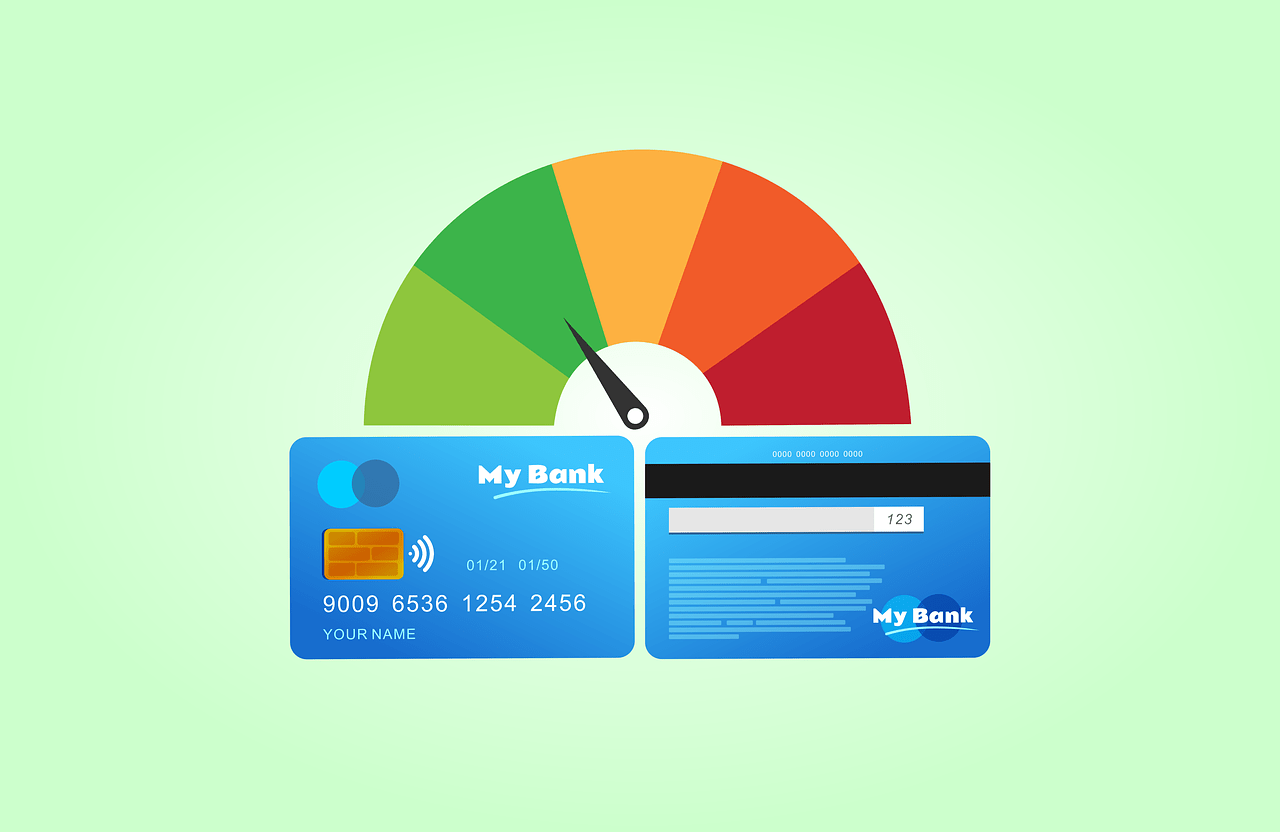Lenders use credit scores to determine how likely a borrower is to pay back their debt.
Many people do not realize our credit score is not the only factor that determines loan approval or interest rates. Depending on the type of loan, creditors will typically take your income and assets into account.
Credit scores are represented by a numerical value ranging from 300 to 850. The higher your score, the less “risky” you appear to lenders.
A good credit score falls within the low-600s to mid-700s.
Anything above 750 is considered excellent, while a credit score below 600 is considered poor.
If you’re interested in optimizing your interest rates and ensuring that you will qualify for loans when you need them, then it’s worth understanding what factors impact your credit score negatively and how to raise a poor credit score.
Factors That Impact Your Credit Score
90% of lenders use a borrower’s FICO® score to determine their credit risk.
Below are the 5 factors that directly impact your credit score and the relative level of their impact.
Payment History
The most important factor (35% of your FICO® score) in determining your credit score is whether or not you are making payments on time.
Even one late payment can shave points off your score. Many credit card services offer automatic minimum payments.
While this is a wise set-it-and-forget-it solution to make your payments on time, it is typically recommended to pay more than the minimum to avoid interest fees.
Credit Utilization
The amount of credit you are currently using is represented by your credit utilization ratio.
For example, if your total credit limit is $5,000 and you are using $2,500, your credit utilization would be 50%.
Using over 30% of your credit limit is not recommended. Credit utilization counts for 30% of your FICO® score.
Credit Age
15% of your FICO® score is determined by the age of your first credit account.
It is typically better to have an older credit age because there is more information to help lenders determine your relative risk.
Credit Mix
Diversification of credit types accounts for 10% of your FICO® score.
This does not mean more credit cards, but various forms of credit: car loans, credit cards, student loans, mortgages, etc.
This signals to lenders how well you manage various types of debt.
New Credit
Hard inquiries represent the remaining 10% of your FICO® score.
They occur when you apply for a new line of credit and the lender checks your credit score.
This also typically happens when you apply to rent an apartment.
Lenders see increases in hard inquiries as a risk because it shows that the debtor is increasing their debt.
How Credit9 Can Help You
At Credit9, we offer loan options that could provide you with the financial solution that works best for you.
Since 2018, Credit9 has provided over $460 Million in loans to over 36,000 of our customers, and we’re confident we can help you too.
For more information about Credit9’s unique debt consolidation services, contact us today to see how we can help you consolidate your debts and receive a free, no-obligation, and fully-customized Credit9 loan solution!
Debt Consolidation Loan





 The Best Ways To Loan Money To Friends And Family
The Best Ways To Loan Money To Friends And Family
 Credit Scores
Credit Scores
 Paying For A “Delete” (Is It A Good Idea?)
Paying For A “Delete” (Is It A Good Idea?)